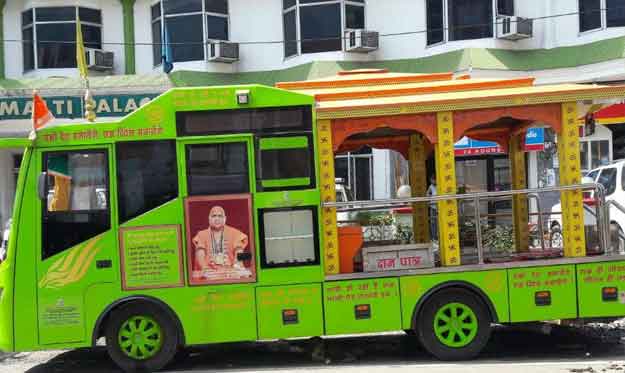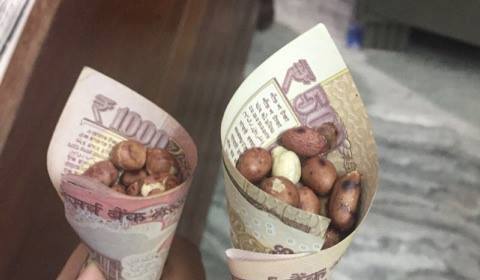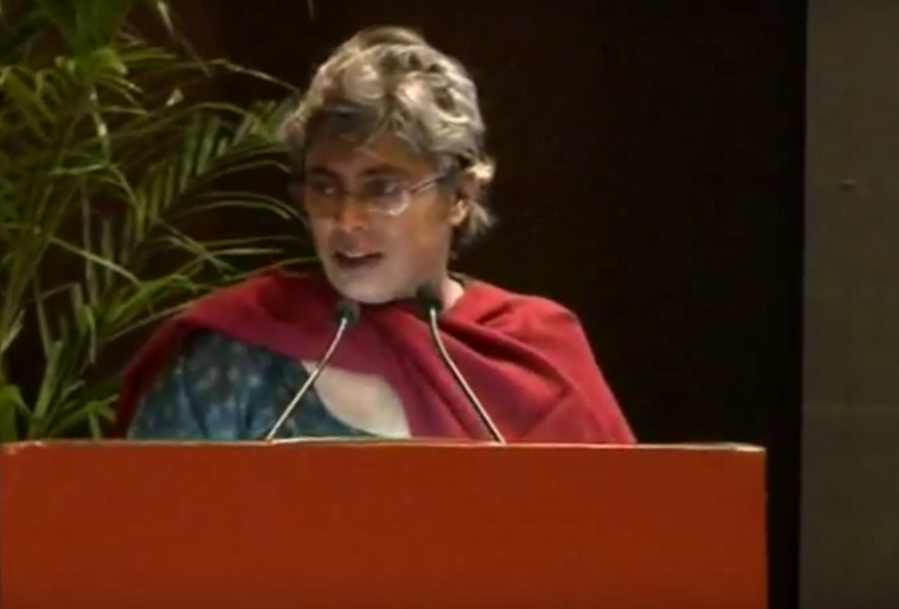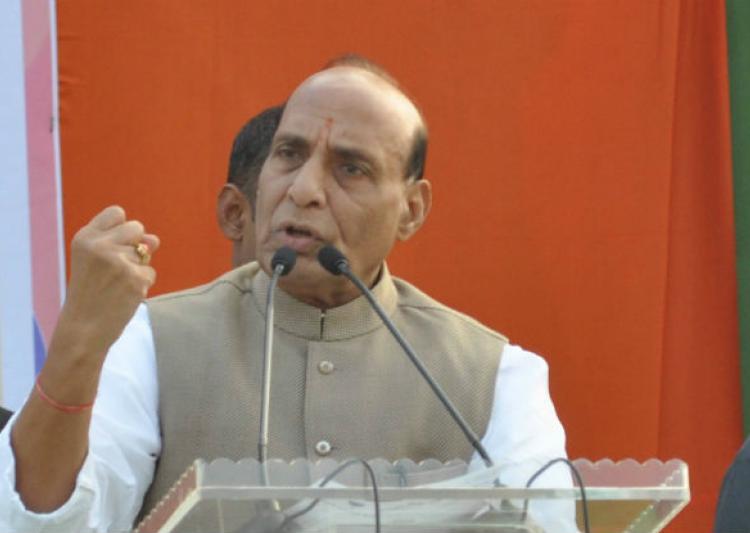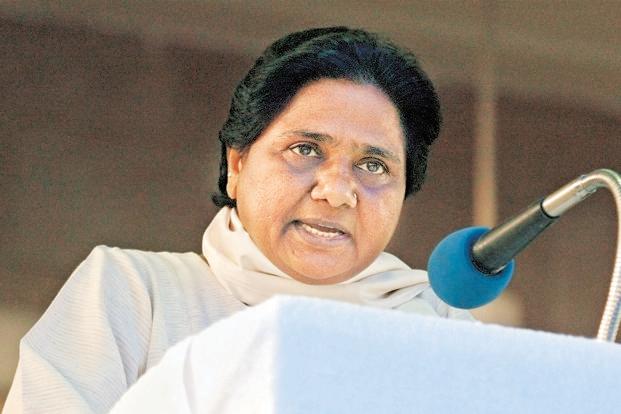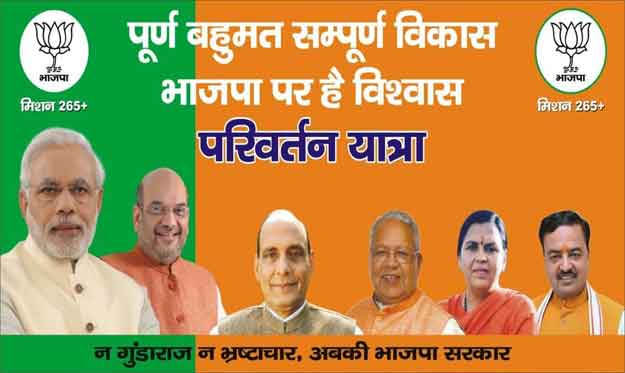Is the government really blameless for the crisis of credibility faced by the media?
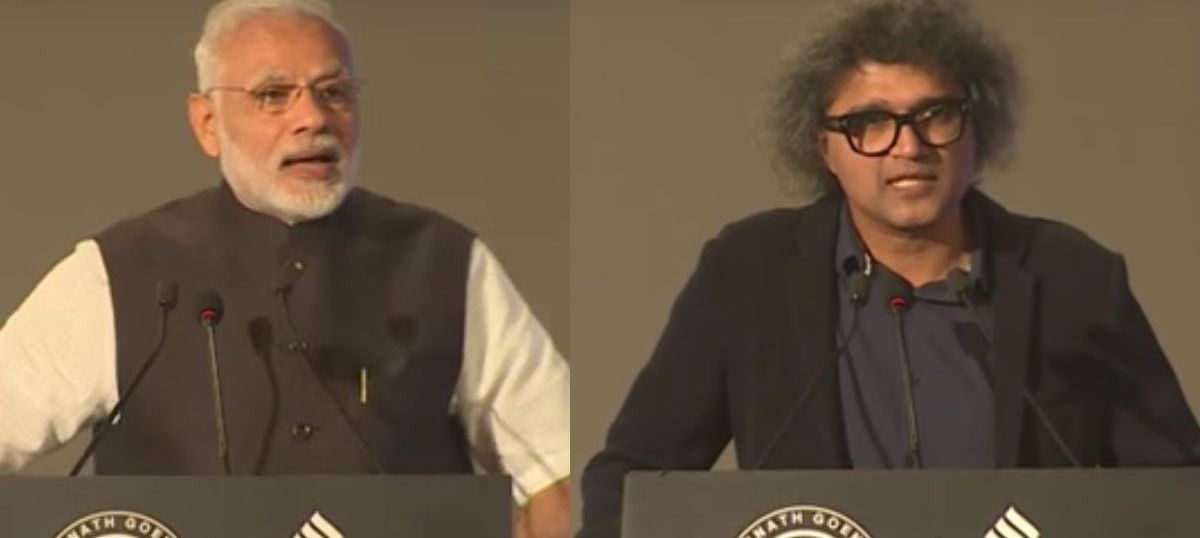
On March 18, 2002, when the Gujarat violence had been dragging on more than a fortnight after its outbreak, then chief minister of the state, Narendra Modi, wrote letters of appreciation to over a dozen Gujarati newspapers for their coverage.
He was “grateful” to each of those newspapers for giving their “full support to the state government,” Modi wrote. “I am happy to note that your newspaper exercised restraint during the communal disturbances.”
Modi’s notion of “restraint” was, however, completely at odds with the damning evidence produced two months later by the Editors Guild of India against some of those very newspapers, particularly the big two of the time, Sandesh and Gujarat Samachar. Citing stories and headlines carried by the two “notable offenders”, the report of the Editors Guild said that their role during the riots was “provocative, irresponsible and blatantly violative of all accepted norms of media ethics”.
Thus, Modi’s praise for a section of the media was not for displaying restraint, as claimed by him, but for doing just the opposite, as brought out by the Editors Guild. This 2002 precedent, relating to the phase that led to Modi’s dramatic rise, vindicates a journalistic canon recalled by the Indian Express Editor Raj Kamal Jha at the Ramnath Goenka Awards function: “criticism from a government is a badge of honour”.
For, the Indian Express itself was among the publications that had been disfavoured by the Modi regime in 2002 for not toeing its line on Gujarat.
Raj Kamal Jha's speech begins at about 1.35 mark
Responding to Modi’s speech at the awards function, Jha said that he was actually “nervous” about the Prime Minister’s compliments to the Indian Express for its record over the years. He seemed to have got too close to the bone for Modi’s liking when Jha jokingly suggested
"So just as they do in smoking scenes in cinemas, I think we should have a ticker tape running whenever we hear praise of a journalist that criticism from a government is wonderful news for journalism. I think that's very, very important for journalism."
The awards function, as it happened, was taking place on the day the controversial order banning NDTV India for 24 hours was being issued.
Even as he put in perspective the issue of “praise”, there was little of that spirit of speaking truth to power on the equally contentious subject of “credibility”. Switching as if to the polite mode in which a vote of thanks is meant to proposed, Jha accepted without demur the little lecture on credibility that Modi had delivered in the same speech. Thanking him for his “wonderful underlining of the importance of credibility”, Jha said: “We cannot blame the government for that. That is our job. We need to look within.”
Though journalists do need to engage in a lot of introspection, given the media’s growing vulnerability to political and business interests, is the government really blameless for the credibility problems faced by the media? Jha might not have quite thought through this angle as he gave his impromptu speech immediately after Modi had ended his. Whatever the reason, Modi got away with his sermon on credibility although he never made any secret of his disdain for the freedom of the press and his proclivity to polarise even the media, right from the days of the 2002 carnage. Adding to the irony is Modi’s homily to the media to refrain from being divisive in a country that is inherently diverse.
The credibility question
Given the context in which Modi came up with these terms, one cannot miss the pernicious interdependence of “praise” and “credibility”. One has to be as skeptical about Modi’s invocation of “credibility” as Jha was about his “praise”. The need for such skepticism is evident, for example, from his choice of the newspapers to which he sent his letters of appreciation in 2002. Clearly, who has credibility in Modi’s estimation is as subjective or questionable as who merits praise from him.
The determination of credibility is liable to be fickle even when it is left to other stakeholders in the media. Jha’s approach of looking within for the increasing credibility deficit holds good, to be sure, in the case of those media houses or journalists who choose to be in bed with the government. They have to take the blame for abandoning watchdog journalism for access journalism or, as Jha put it so evocatively, “selfie journalism”.
But then, even those who take their watchdog role seriously may face the risk of their credibility being called into question, if the evidence they have relied upon, however official or irrefutable, happens to be disregarded by courts or other state institutions.
Indeed, the credibility of a journalistic work cannot be assessed without taking into account the frequent dysfunctionality of state institutions, especially the criminal justice system beginning with the police. After all, Modi raised the credibility issue just when some journalists were contesting the official line on the Bhopal jail break and encounter. Thanks to the glaring holes and contradictions in the police version, those dissenting journalists stuck their neck out to do stories that are more evidence-based than authority-based. Meanwhile, some of the journalists in the government camp, carried away by nationalist rhetoric, have dispensed with the norm against prejudging under-trial prisoners. An anchor who was found credible enough by Modi to be granted more than one of his rare interviews has repeatedly referred to the eight casualties of the Bhopal encounter as “terrorists” rather than “alleged terrorists”.
The saving grace is that, occasionally, the system does deliver justice. It helps to remember that on May 16, 2014, the very day Modi was sworn in as prime minister, the Supreme Court passed strictures on him in the 2002 Akshardham terror attack case. Acquitting all the six accused who had been framed on the basis of evidence that was found to be concocted, the apex court faulted the Gujarat home department – a portfolio then held by Modi – for not taking an “informed decision” while sanctioning prosecution under the terror law. “This would go to show clear non-application of mind by the Home Minister in granting sanction,” the court said.
More tellingly, there was “perversity in conducting this case at various stages, right from the investigation level to the granting of sanction by the state government,” the Supreme Court added. There is evidence of such perversity in a number of other cases too. The job of journalists is to expose it, against all odds, without fearing motivated attacks on their credibility from the government’s side.
Manoj Mitta is the author of The Fiction of Fact-Finding: Modi and Godhra
This article was first published on Scroll.in

